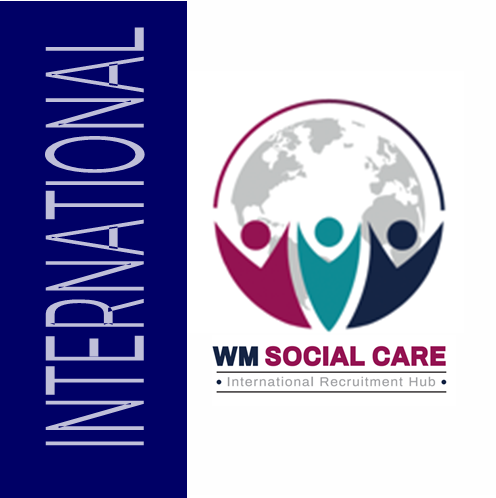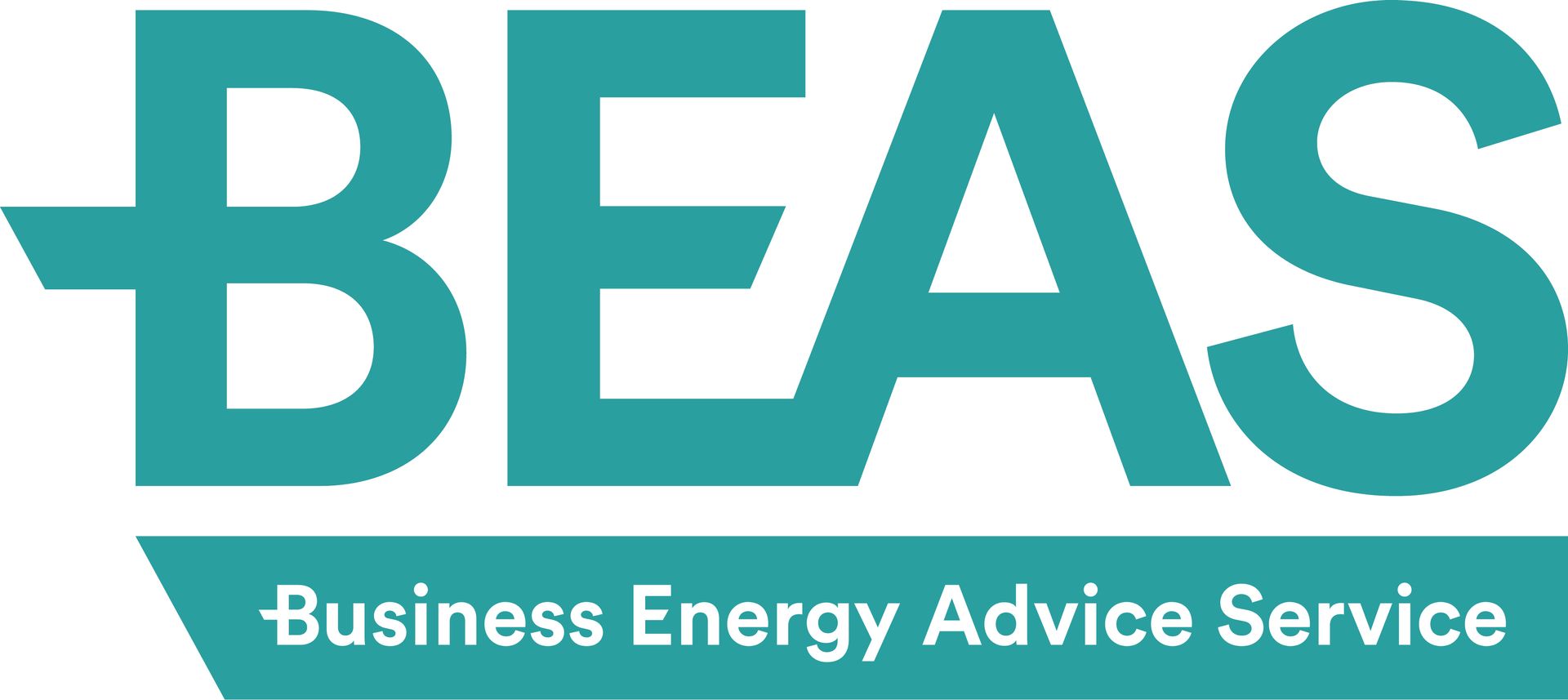JCVI Advice - COVID and Shingles
Today the Joint Committee on Vaccination and Immunisation (JCVI) advice for the COVID-19 vaccination programme for 1) Spring 2025 and 2) Autumn 2025 and Spring 2026 has been published. They have also published advice on the shingles programme.
The details are summarised below and can also be found on GOV.UK alongside the minutes of the relevant meeting.
The JCVI advice will be considered in full by ministers from the Department of Health and Social Care before any policy decisions are made on future vaccination programmes. We will keep you updated on any announcements on this.
Please note, UKHSA acts as the Secretariat to JCVI and is independent of us and government. UKHSA will not be undertaking any proactive communications on this advice. Our communications this winter are focussed on the raising awareness of the current winter vaccine offers.
Summary of advice:
Advice on COVID-19 vaccination in Spring 2025
Using the bespoke, non-standard cost-effectiveness assessment developed by the Department of Health and Social Care, the JCVI advises that the following groups should be offered COVID-19 vaccination in Spring 2025:
- adults aged 75 years and over
- residents in a care home for older adults
- individuals aged 6 months and over who are immunosuppressed (as defined in the ‘immunosuppression’ sections of tables 3 or 4 in the COVID-19 chapter of the Green Book (page 24-26)
You will be aware that the eligibility criteria is the same as in Spring 2024, and similar to Spring 2022 and Spring 2023, with the addition of the younger age groups.
If this advice is accepted by ministers, residents in a care home for older adults will still be eligible.
Advice on vaccination in Autumn 2025 and Spring 2026
Using standard cost-effectiveness assessment, with an example price of £25 for the combined cost of vaccine and delivery, the JCVI advises that vaccination should be offered to the following groups in Autumn 2025 and Spring 2026:
- adults aged 75 years and over*
- residents in a care home for older adults
- individuals aged 6 months and over who are immunosuppressed (as defined in the ‘immunosuppression’ sections of tables 3 or 4 in the COVID-19 chapter of the Green Book(page 24-26)
* Adult eligibility will be subject to procurement and delivery at a cost-effective price.
This advice moves the COVID-19 vaccination programme, from Autumn 2025, to a move targeted approach with a focus on individuals where there is good evidence of a high risk of hospitalisation and/or mortality.
If this advice is accepted by ministers, residents in a care home for older adults will still be eligible.
Given the lack of a clear seasonal pattern for COVID-19, the advice effectively aligns the autumn programme with the current spring programme. Younger aged people with underlying health conditions who are currently eligible in autumn would no longer be eligible. Pregnant women would also no longer be eligible.
Advice on vaccination for shingles
JCVI also published advice on the shingles (herpes zoster) vaccination programme.
One of these pieces of advice is that the shingles vaccination programme should be expanded to include all severely immunosuppressed adults over 18 years of age. The JCVI advises that vaccination should be offered to older adult cohorts over the age of 80 years.
You can read the full advice on the shingles vaccination programme on GOV.UK.





















